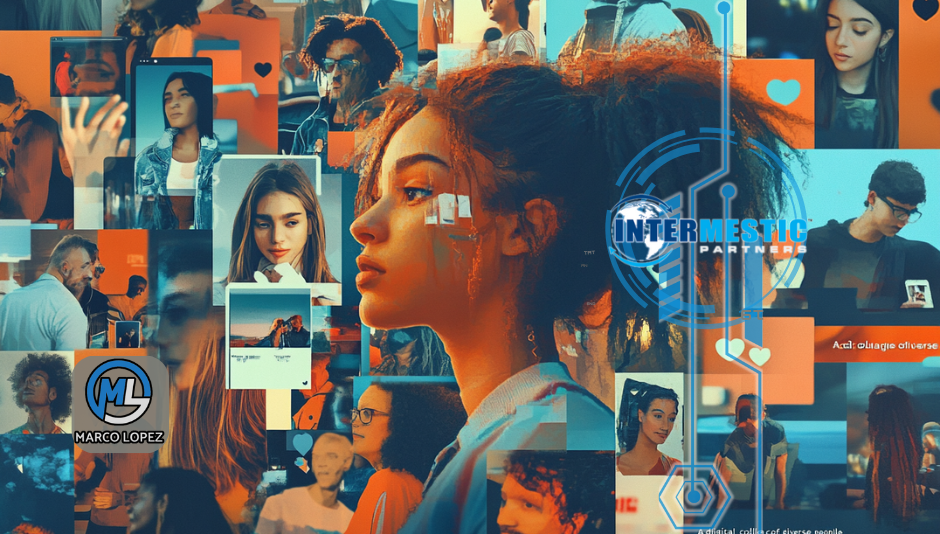Social Media's Double-Edged Sword: Shaping Cross-Border Relations
- Marco Lopez

- Dec 26, 2024
- 2 min read

Introduction
The interconnected world relies heavily on cross-border relations. Public opinion, fueled by social media, now significantly influences these dynamics, impacting everything from diplomacy to trade. My experience as a former mayor of a border city in Arizona and later as Director of the Arizona Department of Commerce, provided me with firsthand insights into the complexities of these relationships.
II. The Rise of Social Media Giants
Social media, once a tool for sharing personal moments, has become a powerful influencer. We spend over 2 hours daily on platforms like Facebook (2.8 billion users) and Twitter (330 million), highlighting their global reach.
III. Public Opinion: A New Player in International Relations
Traditionally, cross-border relations were shaped by government actions. Today, public sentiment heavily influences international policy. Social media empowers the public to voice their opinions, potentially triggering international incidents. As Chief of Staff at U.S. Customs and Border Protection, I witnessed how public perception, often shaped by social media narratives, could impact border security and trade policies.
IV. Shaping International Dialogue: A Double-Edged Sword
Social media can be a platform for vigorous debates and social movements. Hashtags like #BlackLivesMatter show its power to mobilize support for global causes. However, algorithms create echo chambers, where users only see information that confirms their existing beliefs, hindering diverse perspectives.
V. The Impact: Positive, Negative, and Unknown
Social media can foster cross-cultural understanding and peace by providing a platform for dialogue. However, it can also spread misinformation and negativity, potentially straining relations between nations. At Intermestic Partners, the international business advisory firm I lead, we work with top national and international companies to navigate these complex dynamics and foster positive cross-border engagement.
VI. Case Studies: Social Media in Action
The #BlackLivesMatter movement used social media to garner international attention to police brutality in the US, impacting its global relations. Similarly, the #MeToo movement, starting locally, became a global force against sexual harassment.
Did you know that a single tweet can trigger international conflict? In 2011, a fabricated news story on social media sparked riots in Egypt, highlighting the platform's immense power.
VII. Navigating the Future: A Collective Responsibility
Social media's influence on cross-border relations is undeniable. As users, we must be critical consumers of information, questioning and fact-checking before forming opinions. Responsible content regulation, balancing free speech with accountability, is crucial. Collaboration among tech giants, governments, and users is essential to ensure social media fosters constructive dialogue and diverse global narratives. Founded in 2011, Intermestic Partners specializes in cross-border trade and development, advising clients on navigating the intersection of international business and public policy.
Call to Action:
What are your thoughts on social media's role in international relations? Share your insights in the comments below! If your organization is seeking guidance on navigating the complexities of cross-border trade and development in this digital age, connect with Intermestic Partners.
.png)




Comments